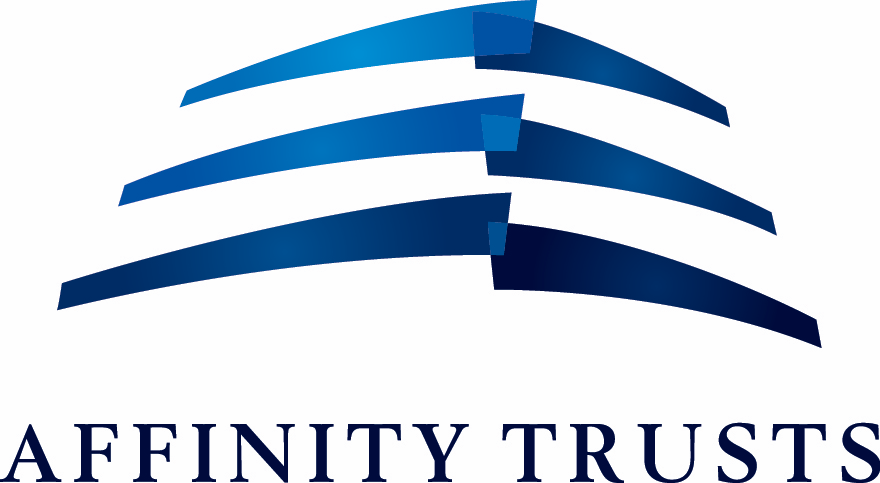
Comprehensive & Affordable Estate Planning Solutions

What is Proper Estate Planning?



Who Needs Estate Planning?
EVERYONE! You do not need to be wealthy to have an estate plan; you simply need to have possessions or money, even the smallest amount, to be passed on. Additionally, estate planning refers to medical and health procedures and power of attorney documents that make sure your wishes are carried out if you are unable to make decisions on your own behalf.
"As many as 120,000,000 Americans do not have up-to-date estate plans," according to the National Association of Estate Planners & Councils (NAEPC). "That makes it one of the most overlooked areas of personal finance, but it's also one of the most important. Estate planning protects you, your family and your family's future, so it shouldn't be put off."
What is Probate?
Probate is the court procedure used to change title to assets from the name of an individual who has passed away, into the name of the living beneficiaries. It is also where all creditors of a decedent file claims to collect their debts and where interested parties who have a complaint regarding the deceased can file their complaint (a will contest). Even without a contest, probate can be costly and time-consuming. Probate is also a public proceeding.
What is a Revocable Living Trust?
A Revocable Living Trust is a legal document that holds title or ownership to your real property and other assets. When you create a Revocable Living Trust you transfer ownership of your assets to the trust. Transferring assets is typically called "funding." When you transfer title you DO NOT relinquish any control. You can still buy, sell, borrow or transfer.
It includes the details and instructions for how you want your estate to be handled at your death, and who will have the authority to do so. However, unlike a Will a properly funded trust:
▪️ Does not go through probate.
▪️ Prevents the courts from controlling your assets at incapacity.
▪️ Gives you control over the assets you leave to your minor children/grandchildren and those with Special Needs
Why a Revocable Living Trust?
Revocable Living Trusts are most commonly created for the following reasons:
- To avoid probate
- To have control
- To reduce estate taxes

What is Incapacity, and How Do I Plan For It?
Incapacity planning is a broad area of law that covers how you are cared for if you become physically or mentally unable to care for yourself. The type of care could range from simple tasks like buying groceries, paying bills, and handling financial matters to more important decisions such as selling real estate, or making critical medical decisions. Depending on the needs of the individual or family, incapacity planning could include a number of planning techniques such as Durable Powers of Attorney for Assets and Advance Health Care Directives.
Please remember that this information is provided in the spirit of public education, not as legal advice. If you require legal advice for a particular situation, you should consult with an attorney.

